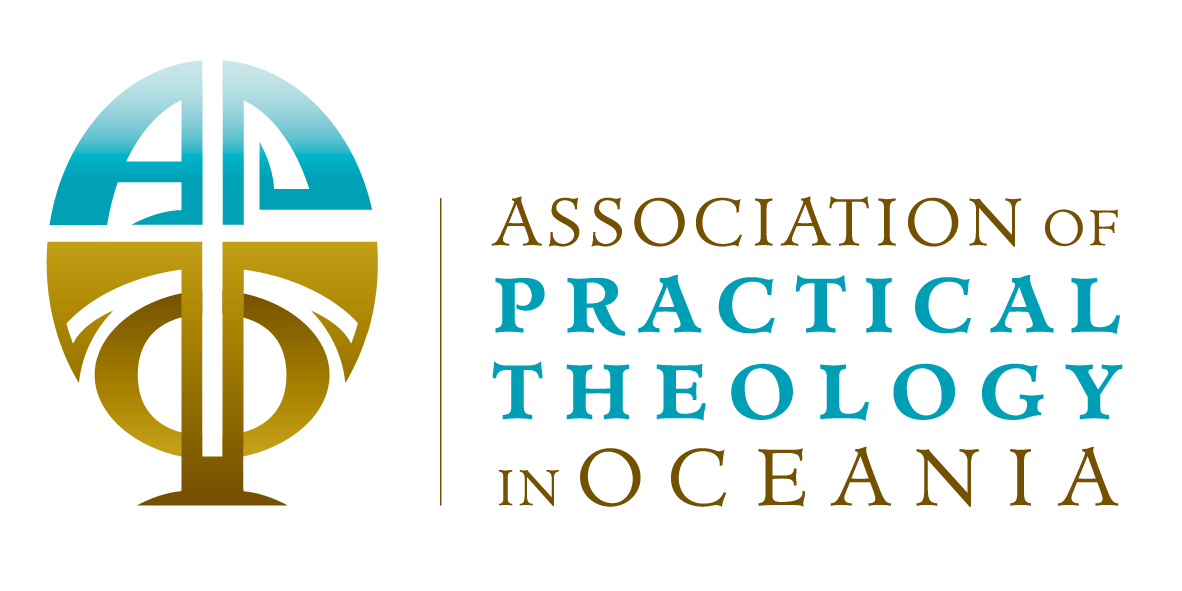

Discussion Time: 11:45am Thursday 30 November NZDT
Location: F 1.02
The Second Vatican Council reinvigorated the ancient order of deacons, reinstituting the permanent diaconate. Action research is a research method that aims to simultaneously investigate and solve an issue. The Diocese of Parramatta covers Western Sydney and the Blue Mountains. The presentation reports on an action-research project undertaken by Rev Dr John Collins and Dr Sandra Carroll after they were appointed to join the diaconal vocations team in late 2022. The presentation specifically concerns the redevelopment of a process of initial vocational discernment in response to the experience of working with the current process. Issues covered in the presentation include: a description of the action-research method used; an outline of the existing vocational discernment process; a new proposed initial enquiry process; the development of criteria for evaluation of the written components of the process; working within an existing Diocesan system, and the introduction of the use of a personality inventory as part of the process. The presentation concludes with a explanation of the proposed new process. It is important to note that a significant proportion of those who made an initial enquiry in 2022 had strong links to Pasifika peoples.
Eve, Hagar and Ruth – sacred women, stories of migration. Eve the exiled – sent from paradise to till a new land; Hagar the enslaved – taken from Egypt, exiled and liberated to make a life in the wilderness; Ruth the migrant – choosing a culture that gives you side eye. Women of our sacred text make lives in unlikely places. Using the stories of Eve, Hagar and Ruth this paper will explore three diverse experiences of cross-geographical and cross-cultural movement with a lens to explore how migration might be an unintentional experience for women, and what these ancient women might offer us when we think about the migration and unique obstacles facing migrant women in the world today. Being a stranger geographically or culturally and being both an object of the exclusionary gaze whilst being simultaneously unseen are evident in these women’s lives. Links will be made to specific barriers that faced the author in her role as mother in a privileged-migration experience and how these would be exponentially exacerbated when poverty, language and attitudes of social exclusion come in to play – as they do for many migrant women. This paper will feature performance poetry as a way of entering and provoking responses to these women’s lives.